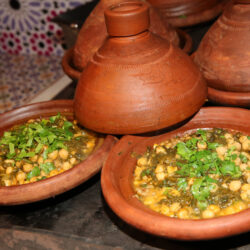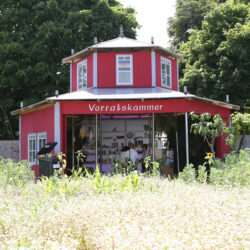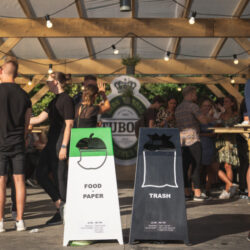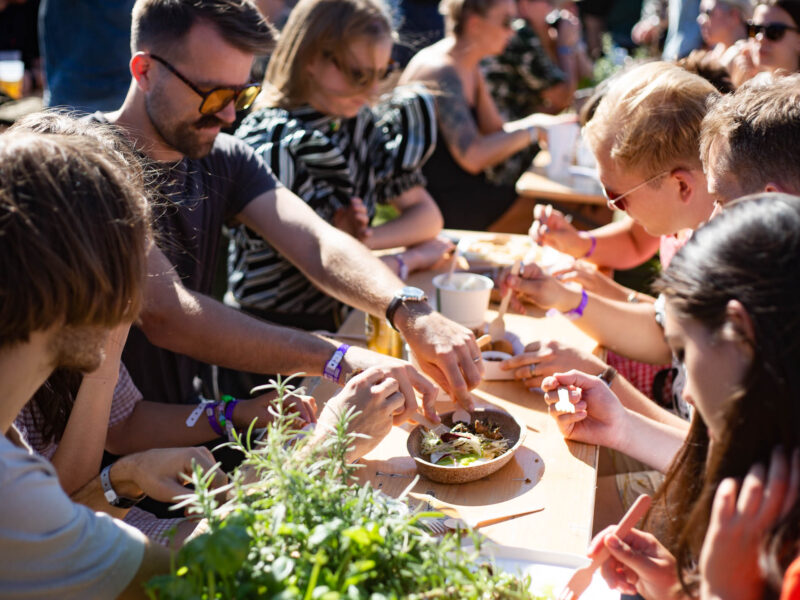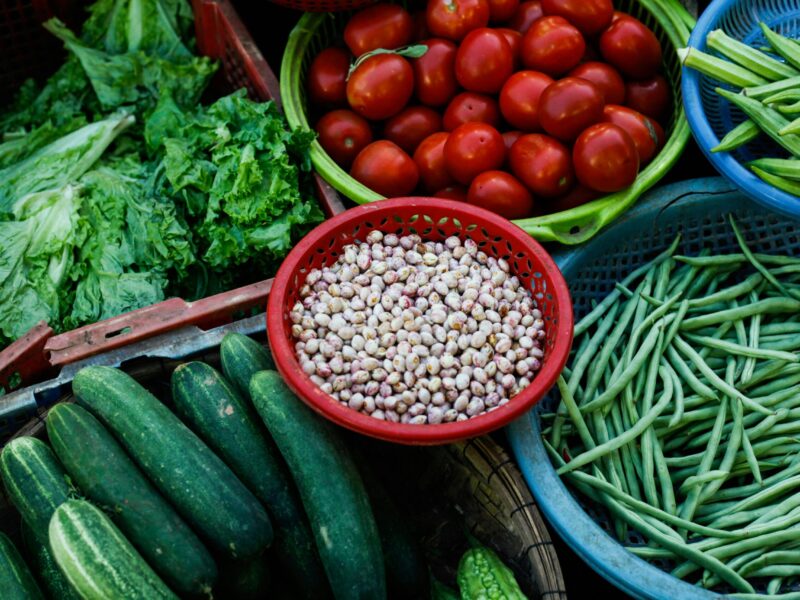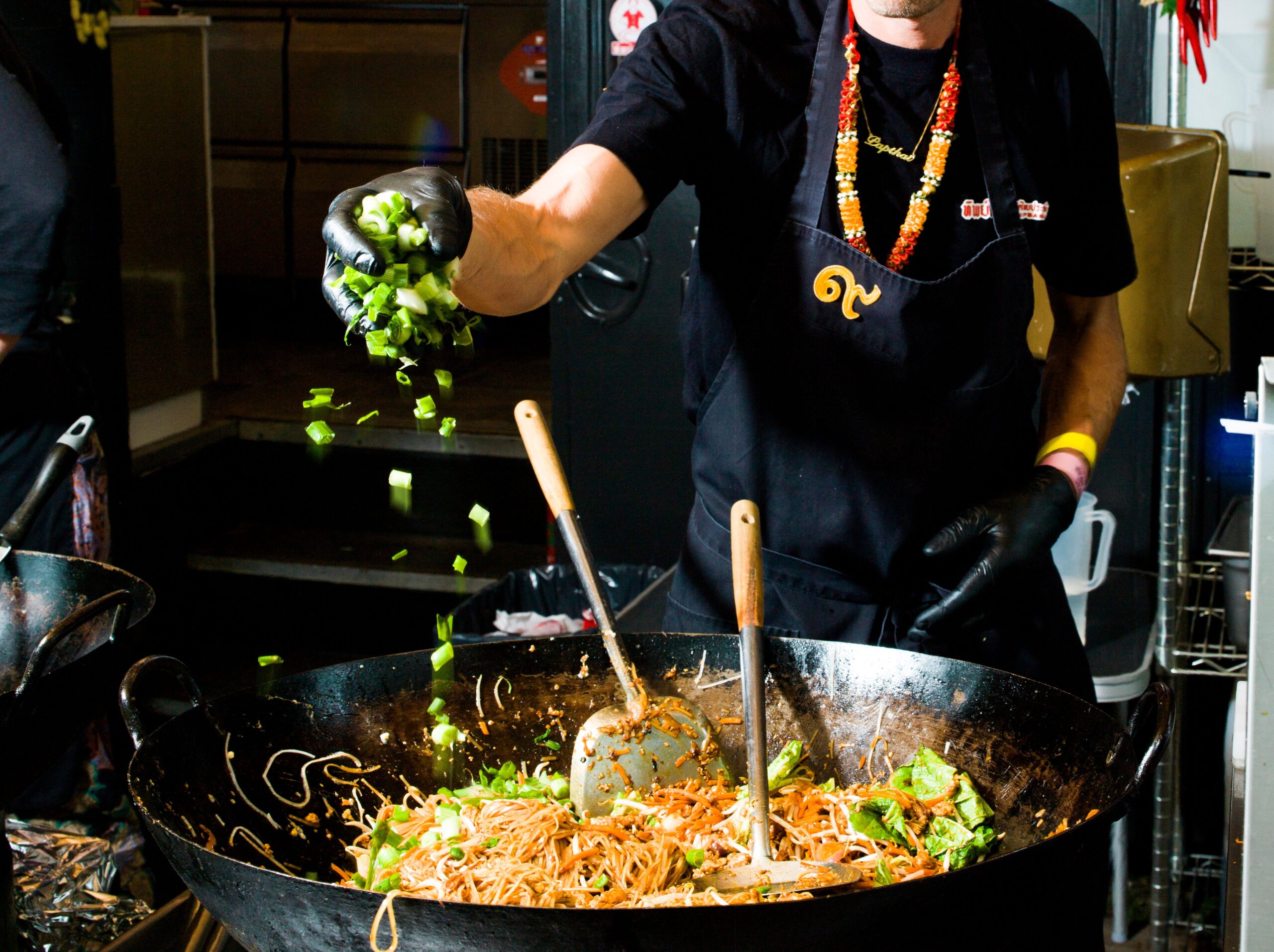
Green Festival Stories: Food & Drink
The impact of festival food and drinks
The way we are producing and consuming food is causing irreversible damage to the earth’s ecosystems. Modern agriculture is a significant cause of deforestation, air and water pollution, soil degradation, threats to wildlife, plants, biodiversity, and climate change. According to festival food salvage charity Eighth Plate, every year in the UK alone, 400 tonnes of food is wasted at festivals. However, there are numerous ways for festivals to minimise the environmental impact of the food they offer – think about:
- Going vegetarian and labeling the CO2-emissions of all dishes
- Working with partners to create long-lasting reduction of food waste
- Building organic supply chains
- Working with local suppliers for regional, seasonal food
- Curating a nutritious array of low-emission-dishes from around the world
How? You will find inspiration and guidance in these three case studies selected by Future Festival Tools.
Curious about more Green Festival Stories?
Future Festival Tools compiled a digital publication that identifies, categorises and shares outstanding and transferrable great practices carried out by festivals and outdoor events from all across Europe to reduce environmental impacts and operate a more sustainable business model. The coming weeks, we will share the inspiring stories within the six focus areas travel and transport, energy, materials & waste, food & drink, water, and strategy.
About Future Festival Tools
Future Festival Tools empowers event professionals in live events across the Europe to be future-ready. For this purpose, they have created:
- Self-Assessment Tool. An online tool that raises awareness by enabling users to rate current performance in six key practical areas, linked to the policy themes of the EU Green Deal
- Best Practice Compendium (Inspirational Green Festival Stories) A set of examples of sustainable festivals in practice alongside interpretation and analysis which introduces professionals, stakeholders and VET trainers to the scope and scale of sustainable practices, and persuade them to go further.
- Online Course. A comprehensive, user-friendly e-learning course which provides a robust knowledge base in sustainable business practice and climate action, and develops users’ skills to act sustainably and lead change in six key areas: energy, waste, food, water, travel, and governance.
- Trainers’ Handbook. Contains a curriculum of the course structure and learning objectives covered in the online course and additional guidance on adapting the Self-Assessment Tool, Best Practice Compendium and Online course for classroom use with students of events management, hospitality and related disciplines.








